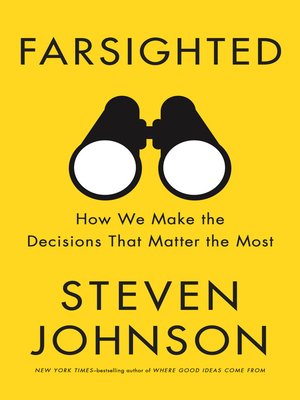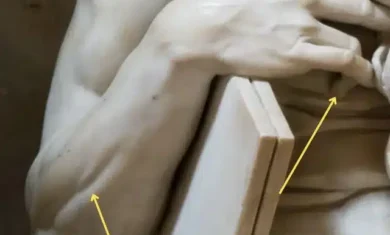I try to predict the future at times, and my results are hit or miss. With every decision that we make in life, though, we’re being forced to try to predict an unknown outcome.
In his book “Farsighted“, author Steven Johnson explains it like this:
Complex decisions force us to predict the future. Most decisions, big or small, are fundamentally predictions about the future. I choose vanilla ice cream over chocolate because I can predict, with an accuracy long-buffered by experience, that I will enjoy the vanilla more than the chocolate.
While accurately choosing the right flavor of ice cream is generally a safe bet, many decisions aren’t. Worse yet, it can be hard to make an accurate prediction if things went in an unlikely direction last time. From “Poor Charlie’s Almanack“, Charlie Munger shares:
For instance, a man foolishly gambles in a casino and yet wins. This unlikely correlation causes him to try the casino again, or again and again, to his horrid detriment. Or a man gets lucky in an odds-against venture headed by an untalented friend. So influenced, he tries again what worked before—with terrible results.
There are many cases where a good decision can lead to a bad outcome (or a bad decision lead to a good outcome), and it’s important to notice those situations.
Every decision will force you to predict the future to a degree, so understanding the quality of your past decisions will help increase the odds of a good decision next time.




